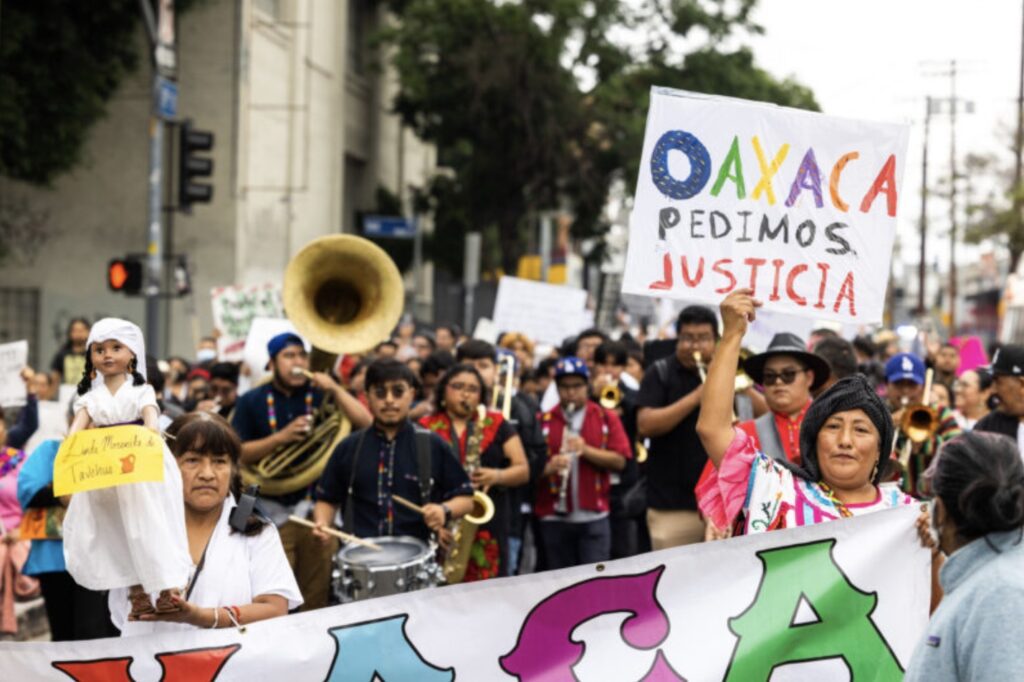
On the week of Indigenous Day (October 10) several newspapers and media outlets reported on the racism of three Latino council members directed against African Americans, Oaxaqueños, LGBTQ,… The recorded hateful expressions from the council members were brutal, heartless, and unacceptable for anyone, particularly for those in positions of influence. Their removal from office, while necessary, is not enough. This discrimination against historically marginalized communities is systemic, normalized, and consequential, as seen in their significant lower per capita income, home ownership, educational attainment, political representation. Simply, most perpetrators are not caught, and remain powerfully influential at work; and others suffer a disconnect in their values and action for social justice and actively secure their dominance. But most important, these individuals follow/reproduce institutional cultures that reflect historical de jure (legalized) discrimination that persist de facto (in values and practices). Consequently, historical structures of inequality are maintained in employment, housing, education, media, and so on; and Black and Brown communities kept at the bottom. These historical institutional trends must be challenged with tough policies and acts that embrace a substantive and inclusive democracy.
At Sacramento State we built the Center on Race, Immigration, and Social Justice (CRISJ) understanding the failures of nationalisms and the urgent need to build coalitions across diverse communities along the foundational framework of intersectional social justice. Connecting across/within unequal communities is not easy, but essential; particularly because individuals and groups interact within structures of unequal valuation/treatment along race, gender, class, sexuality, nationality… The de-humanization of Indigenous, Black, and other marginalized communities has a long and cruel history that endures, especially, when minoritized people themselves assimilate ideologies of racial, gender, and class supremacy. As in the LA case, the “Latinos” are of indigenous ancestry and do not pass as white, but embrace the logics of white supremacy. While disturbed, hurt, and disappointed, we are hopeful by the meaningful, affirming, and loving relations that we build across borders to push for equity and dignity for all people. Our best chance for success is coalescing and pushing for a pluralistic, inclusive, and bottom-up democracy that advance everyone’s healthy interests and disrupts colonial-rooted hierarchies that persist in our society.
In solidarity and friendship,
Manuel Barajas, Ph.D.
Co-founder of CRISJ
